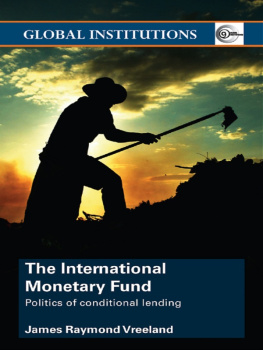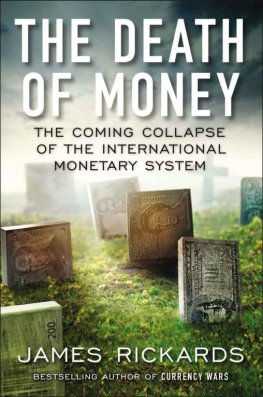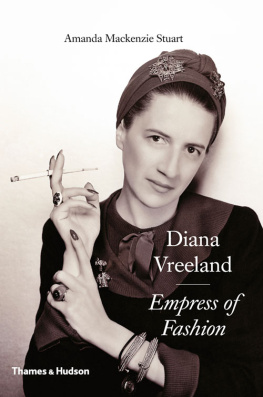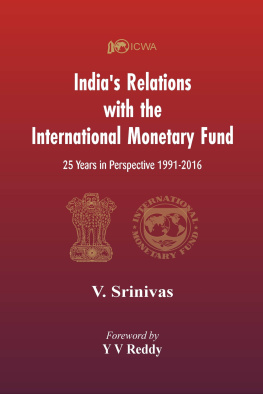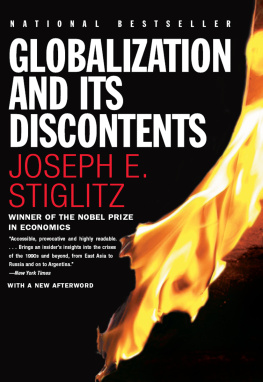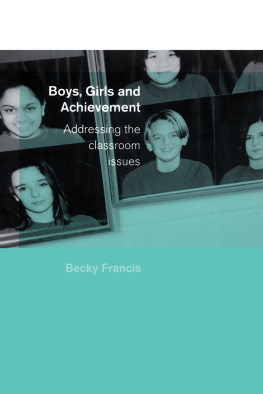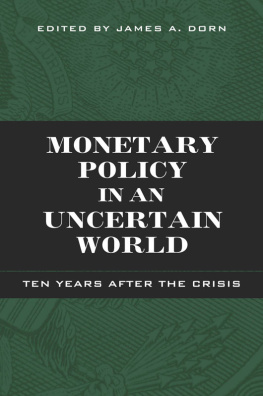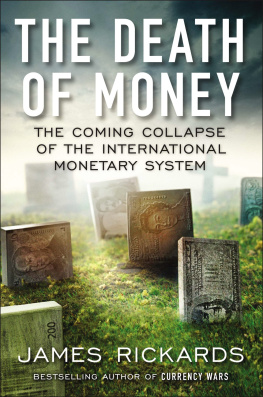The International Monetary Fund
The International Monetary Fund is a powerful international institution. Founded in the aftermath of World War II, its basic purposes were to facilitate world trade and promote national prosperity. The founders hoped that never again would the world experience the trade policies that led up to the Great Depression. Soon after its inception, the IMF became involved with developing countries. Over the course of the past 50 years, this involvement has grown so that most developing countries have participated in its programs of economic reform. These IMF programs grant governments access to loans, but this access can be swiftly cut off if the governments fail to comply with specific policy conditions.
IMF conditional lending impacts the lives of individuals in intimate ways. The policy conditions address government expenditures, so IMF programs help determine whether roads, schools, or debt repayment take priority. By addressing interest rates and currency valuation, IMF programs may even impact the very purchasing power of the money in peoples pockets. Unfortunately, in terms of economic development, there is scant evidence of the success of IMF conditional lending.
- Why do so many governments participate in IMF programs?
- Who controls the IMF?
- How should it be reformed?
By addressing the more demanding aspects of the institution, its debates and controversies in a clear and accessible fashion, this book will provide readers with a definitive introduction to link economic studies of the IMF with the political science literature.
James Raymond Vreeland (Ph.D., New York University, 1999) is Associate Professor of Political Science at Yale University, USA.
Routledge Global Institutions
Edited by Thomas G. Weiss
The CUNY Graduate Center, New York, USA
and Rorden Wilkinson
University of Manchester, UK
About the Series
The Global Institutions Series is designed to provide readers with comprehensive, accessible, and informative guides to the history, structure, and activities of key international organizations. Every volume stands on its own as a thorough and insightful treatment of a particular topic, but the series as a whole contributes to a coherent and complementary portrait of the phenomenon of global institutions at the dawn of the millennium.
Books are written by recognized experts, conform to a similar structure, and cover a range of themes and debates common to the series. These areas of shared concern include the general purpose and rationale for organizations, developments over time, membership, structure, decision-making procedures, and key functions. Moreover, the current debates are placed in an historical perspective alongside informed analysis and critique. Each book also contains an annotated bibliography and guide to electronic information as well as any annexes appropriate to the subject matter at hand.
The volumes currently published or under contract include:
The United Nations and HumanRights (2005)
A guide for a new era by Julie Mertus (American University)
The UN SecretaryGeneral andSecretariat (2005)
by Leon Gordenker (PrincetonUniversity)
United Nations Global Conferences(2005)
by Michael G. Schechter (MichiganState University)
The UN General Assembly (2005)
by M.J. Peterson (University ofMassachusetts, Amherst)
Internal Displacement (2006)
Conceptualization and its consequences by Thomas G. Weiss (The CUNYGraduate Center) and David A. Korn
Global Environmental Institutions(2006)
by Elizabeth R. DeSombre (WellesleyCollege)The UN Security Council (2006)
Practice and promise by Edward C. Luck (ColumbiaUniversity)
The World Intellectual PropertyOrganization (2006)
Resurgence and the development agenda by Chris May (University ofLancaster)
The North Atlantic TreatyOrganization (2007)
The enduring alliance by Julian Lindley-French (EuropeanUnion Centre for Security Studies)
The International Monetary Fund(2007)
Politics of conditional lending by James Raymond Vreeland (YaleUniversity)
The Group of 7/8 (2007)
by Hugo Dobson (University ofSheffield)
The World Economic Forum (2007)
A multi-stakeholder approach to global governance by Geoffrey Allen Pigman(Bennington College)
The International Committee of theRed Cross
A unique humanitarian actor by David Forsythe (Universityof Nebraska) andBarbara Ann Rieffer-Flanagan(Central Washington University)
UN Conference on Trade andDevelopment
by Ian Taylor (University of St.Andrews)
A Crisis of Global Institutions?
Multilateralism and international security by Edward Newman (United NationsUniversity)
The World Bank
From reconstruction to development to equity by Katherine Marshall (GeorgetownUniversity)
The African Union
Past and future governance challenges by Samuel M. Makinda (MurdochUniversity) and WafulaOkumu(McMaster University)
Organisation for EconomicCo-operation and Development
by Richard Woodward (University ofHull)
Non-Governmental Organizations inGlobal Politics
by Peter Willetts (City University,London)
Multilateralism in the South
An analysis by Jacqueline Anne Braveboy-Wagner(City College of New York)
The European Union
by Clive Archer (ManchesterMetropolitan University)
The International LabourOrganization
by Steve Hughes (University ofNewcastle)
The Commonwealth(s) and GlobalGovernance
by Timothy Shaw (Royal RoadsUniversity)
The Organization for Security andCo-operation in Europe
by David J. Galbreath (University ofAberdeen)
UNHCR
The politics and practice of refugee protection into the twenty-first century by GilLoescher (University of Oxford),James Milner (University of Oxford),and Alexander Betts (University ofOxford)
The World Health Organization
by Kelley Lee (London School ofHygiene and Tropical Medicine)
The World Trade Organization
by Bernard Hoekman (World Bank)and PetrosMavroidis (ColumbiaUniversity)
The International Organization forStandardization and the GlobalEconomy
Setting standards by Craig Murphy (Wellesley College)and JoAnne Yates (MassachusettsInstitute of Technology)
The International Olympic Committee
by Jean-Loup Chappelet (IDHEAPSwiss Graduate School of PublicAdministration) andBrenda Kbler-Mabbott
For further information regarding the series, please contact:
Craig Fowlie, Publisher, Politics & International Studies Taylor & Francis 2 Park Square, Milton Park, AbingdonOxfordshireOX144RN, UK
+44 (0)207 842 2057 Tel +44 (0)207 842 2302 Fax

